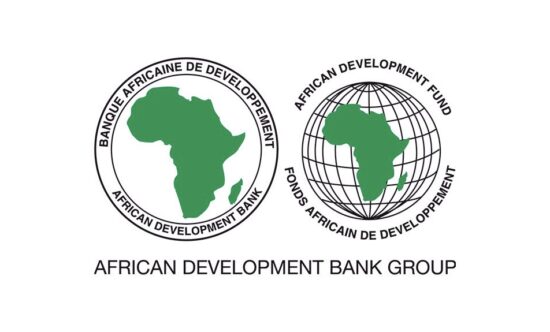Review Team Recommends Important Reforms to the AfDB’s Accountability Framework; More is Needed to Ensure Remedy for Communities

The African Development Bank (AfDB) is one of the largest development finance investors in Africa, committing $7.1 billion in 2018 alone to fund development projects in Africa. But what happens when these projects negatively impact the very communities that are meant to benefit?
Unfortunately, negative impacts are not a hypothetical. As one example, a proposed coal plant in Senegal threatened to economically displace local fishermen and women-owned businesses. When negative impacts occur, communities must have an effective and trusted avenue for raising grievances to the AfDB and receiving remedy for these impacts. The AfDB is currently reforming its accountability office, the Independent Review Mechanism (IRM), and preliminary outcomes of the reform process suggest that the IRM could soon be an even more effective avenue for accountability.
Summary of the Review Process
In December 2019, the AfDB initiated a review of the IRM to ensure that it is an effective accountability tool for project-affected communities and the institution. As a part of the review process, an external review team was hired to evaluate the IRM’s effectiveness and propose revisions to the IRM’s operating procedures. The review process is divided into phases and is expected to continue throughout 2021.
Accountability Counsel and several partners from Africa and across the world submitted comments in November 2020 during the first public consultation for the review. We called on the AfDB to remove barriers to accessing the IRM, restructure the mechanism to increase its capacity and effectiveness, and ensure independence from AfDB management to ensure a fair process for communities using the mechanism. In late December 2020, the AfDB launched a second public consultation for the review that included the publication of the review team’s proposed changes to the IRM’s procedures.
We were pleased to see that, in response to our first-round comments, the review team proposed important changes to improve outcomes for communities. Below is a summary of key positive changes in the proposed new IRM policy as well as a few remaining shortcomings.
Proposed Changes Will Improve Outcomes for Communities
Accessibility
- The proposed revised procedures now allow complaints from one individual; the current IRM procedures requires at least two complainants.
- Affected communities sometimes need assistance from local or international civil society organizations or experts to navigate a complaint process. The previous IRM procedures put undue burdens on communities wanting to use non-local representatives to help with their case. These barriers have been removed in the revised procedures.
Fairness
- As a part of the compliance review process, accountability offices such as the IRM, issue reports to discuss areas where the institution is not compliant with its own environmental and social obligations. Under the previous procedures, complainants did not have an opportunity to see and comment on the draft compliance reports, although AfDB management could. The revised procedures correct this inequity and provide complainants an opportunity to engage with the draft report.
- As a part of the accountability process, bank management is tasked with developing an action plan to address areas of non-compliance. If these plans are not developed with the communities, they risk not effectively addressing the grievances and areas where the project has deviated from the AfDB’s standards. The revised procedures now require management to consult with complainants on the action plan.
Effectiveness
- The evaluation report proposes a change in the structure of the IRM in which its functions would be carried out primarily by permanent staff rather than a roster of non-permanent experts. This proposed restructuring will help increase the effectiveness of the IRM in its operations.
Next Steps to Ensure Effective Remedy
The positive changes proposed by the review team must represent the floor – not the ceiling – of the reforms going forward. In our comments for the second consultation (also available in French and Arabic), we called on the AfDB to ensure that it fully implements the recommended changes.
Despite these positive changes, there remain several needed improvements to ensure that the AfDB’s framework is effectively addressing complaints. Key among additional changes required is a need to remove the AfDB board of directors’ ability to prevent a compliance review from going forward. This practice second guesses the expertise of the accountability staff and unnecessarily politicizes the complaint eligibility process, giving a country representative an opportunity to block investigations into projects in their country.
The primary goal of an IRM process should be to ensure that negative impacts are fully remediated and livelihoods are restored. The proposed changes to the AfDB’s accountability framework currently do not address the need for dedicated resources to ensure full remediation of harm. We call on the AfDB to address this gap as it revises its accountability framework.
As the review continues and the AfDB board considers the proposed changes, we will continue to push the institution to ensure that its accountability office and larger accountability framework are robust and serve the needs of communities across Africa.
Related Posts
- 10 December 2020 Nouveau rapport, Redevabilité en Afrique : Préjudices causés par les flux financiers internationaux et recommandations
- 10 December 2020 New Report, Accountability in Africa, Examines Harm From International Financial Flows and Recommends Action
- 13 November 2020 Accountability Counsel and Partners Advance Recommendations for Strengthened Accountability at the African Development Bank

